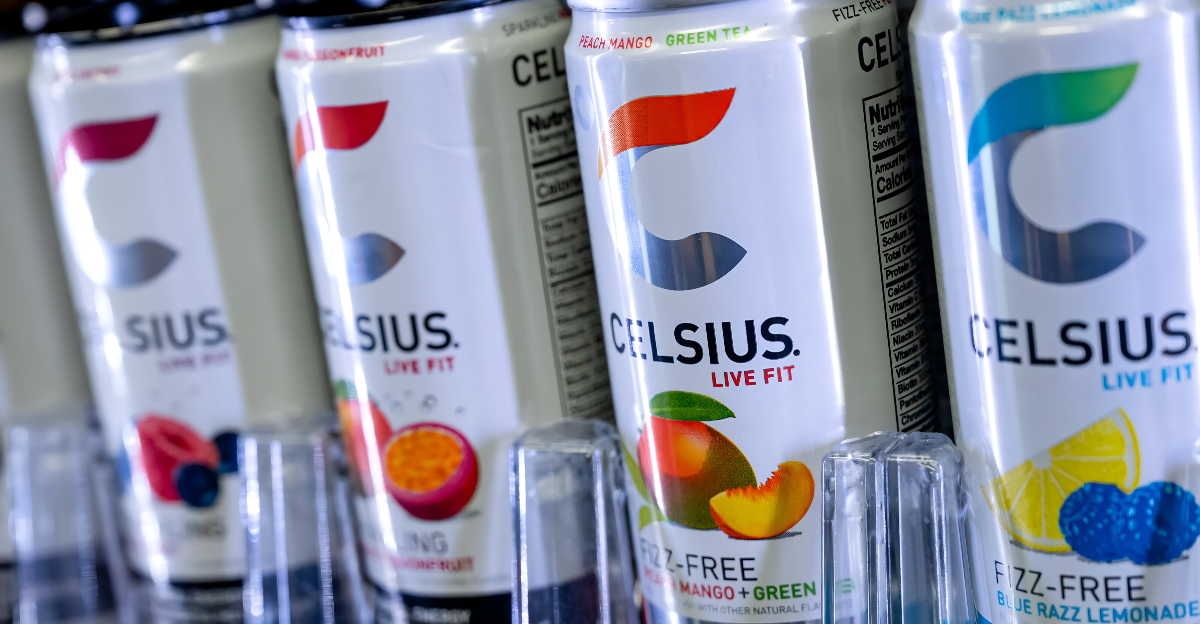
The global energy drink market is expected to reach $72.79 billion by 2025, growing at 7.6% annually, while traditional soda sales decline.
Younger consumers are increasingly favoring functional beverages over sugary drinks, prompting major companies to invest heavily in energy brands to remain competitive.
Corporate Stakes
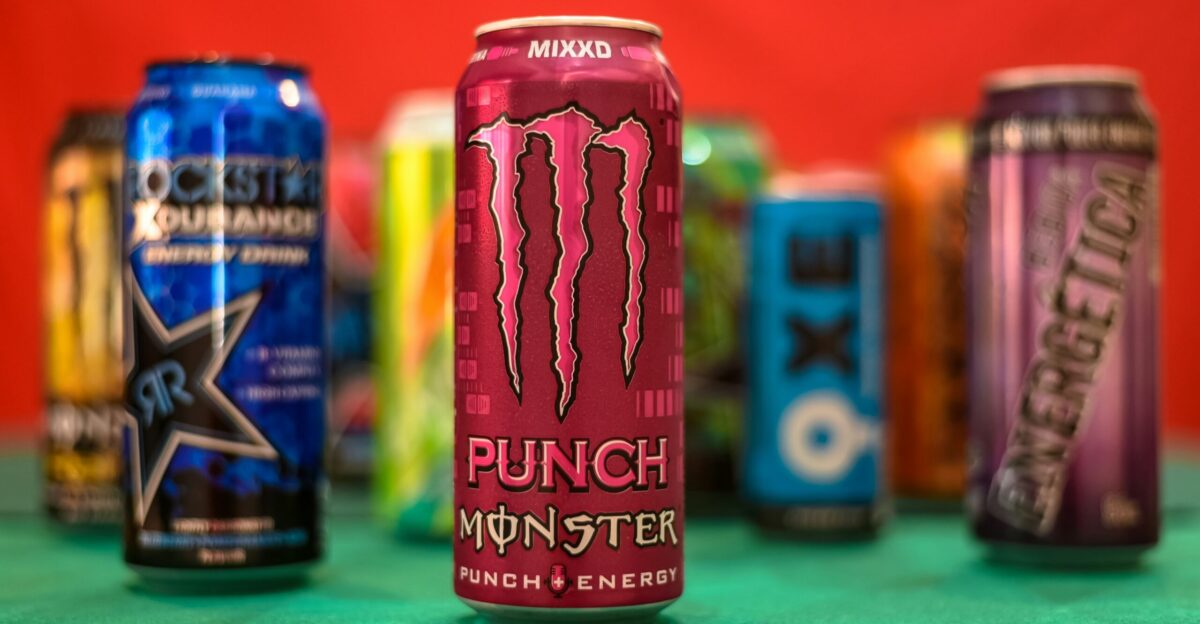
Energy drinks are becoming more profitable than traditional soft drinks, with the global market expected to reach $125 billion by 2030 and an annual growth rate of 8%, according to Grand View Research.
In response to declining soda sales, PepsiCo’s beverage division faces pressure to attract health-conscious younger consumers, prompting potential strategic acquisitions.
Historic Battle
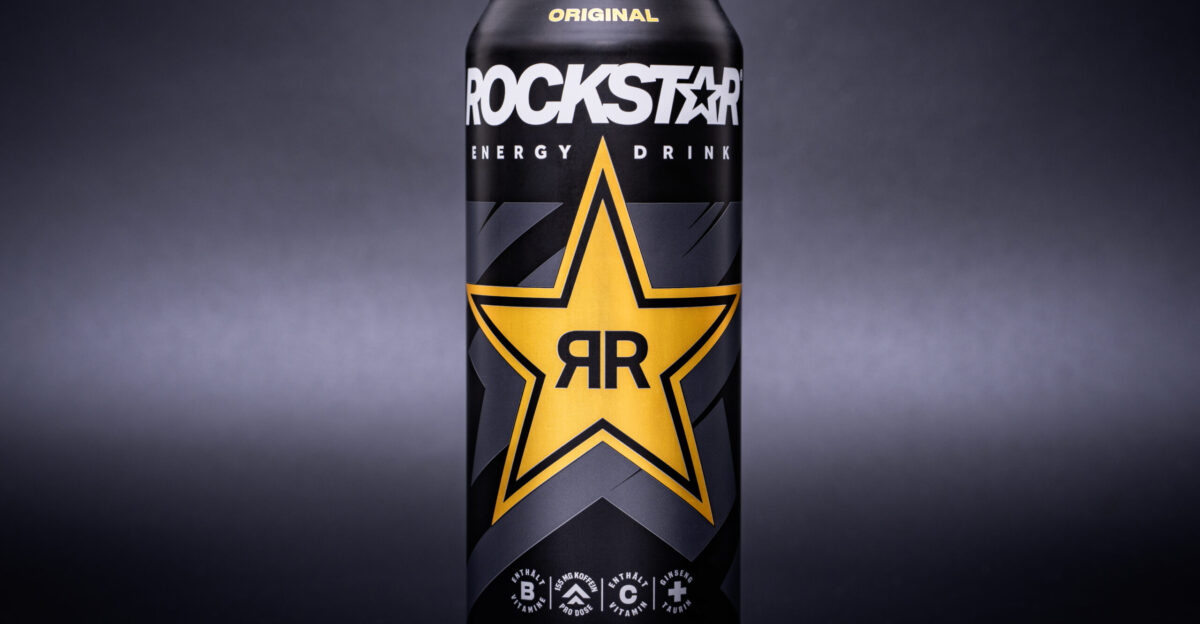
In 2020, PepsiCo acquired Rockstar Energy for $3.85 billion to compete with leading brands like Red Bull and Monster. Despite this purchase, PepsiCo holds only a 9% market share, while Monster has 33%.
Meanwhile, Celsius targets fitness enthusiasts with its zero-sugar formulations and natural ingredients, setting itself apart from competitors’ extreme sports marketing.
Market Pressure
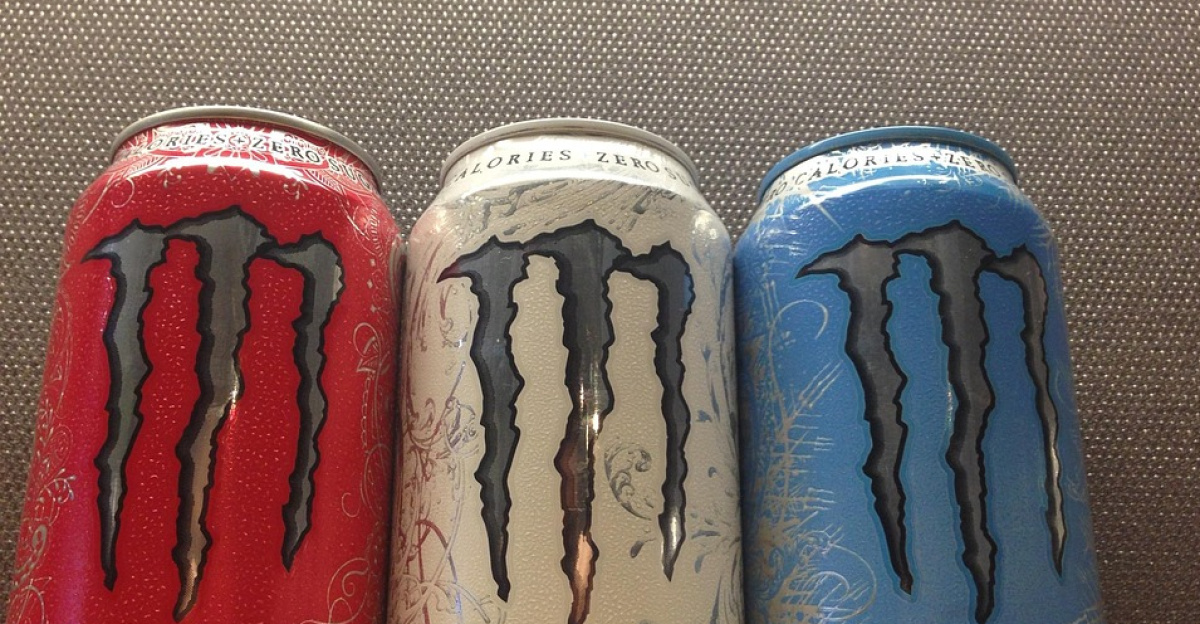
BevSource data indicates that health-conscious consumers will propel a 70% increase in zero-sugar energy drinks by 2025. Celsius reported 84% revenue growth, while traditional brands are stagnating, according to Q2 earnings.
The industry is also contending with FDA scrutiny over high caffeine content and youth marketing, prompting legacy companies to consider reformulating their products.
The Deal
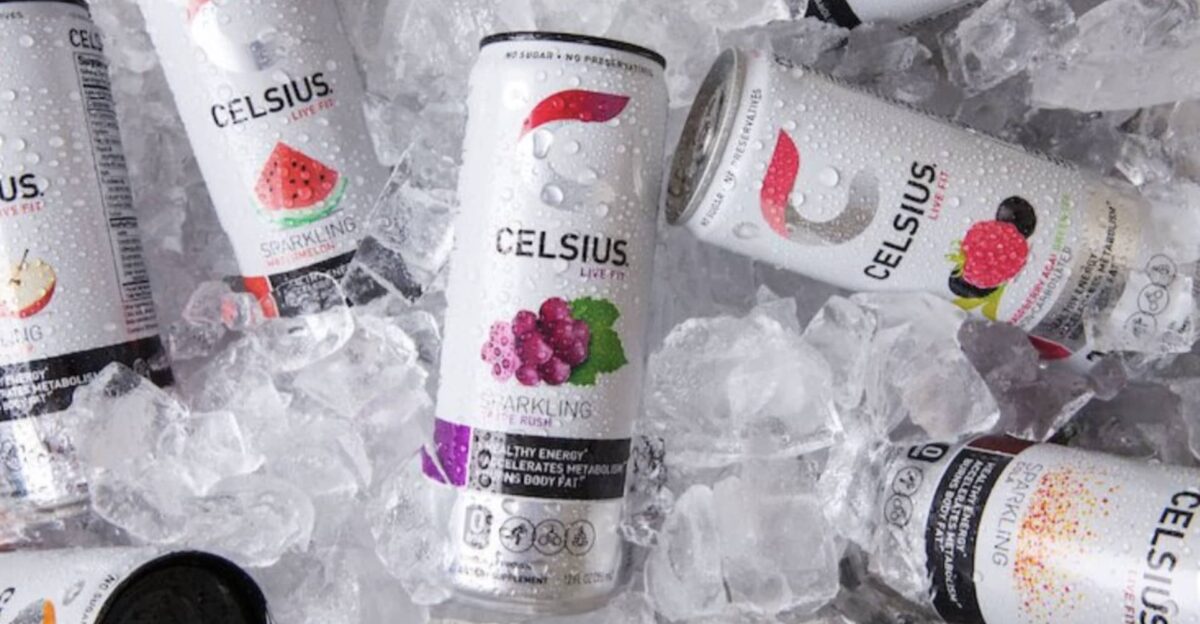
On August 29, 2025, PepsiCo invested $585 million in Celsius, raising its ownership from 8.5% to 11%.
CEO John Fieldly stated that this development enhances PepsiCo’s role in the US energy drink market. Celsius now oversees three energy brands in North America.
Geographic Impact
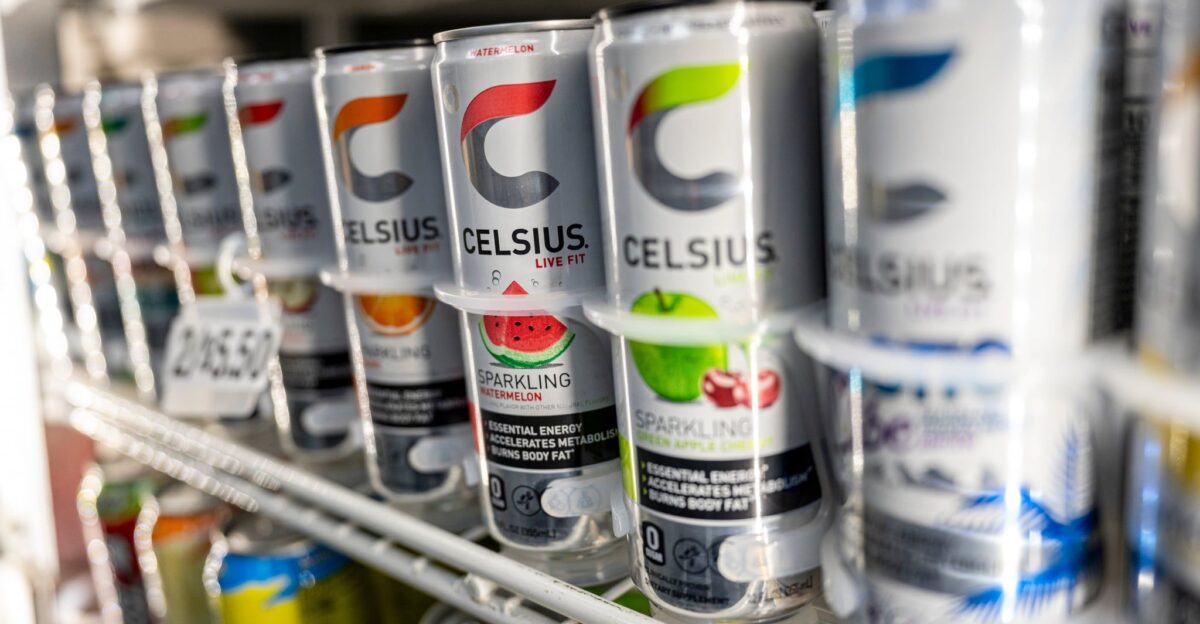
The partnership expanded Celsius’s distribution to 18,000 North American retail outlets. Celsius acquired PepsiCo’s Rockstar brand for the US and Canadian markets, while PepsiCo retains international rights.
This collaboration enhances regional control and prevents distribution conflicts between their energy brands.
Leadership Vision
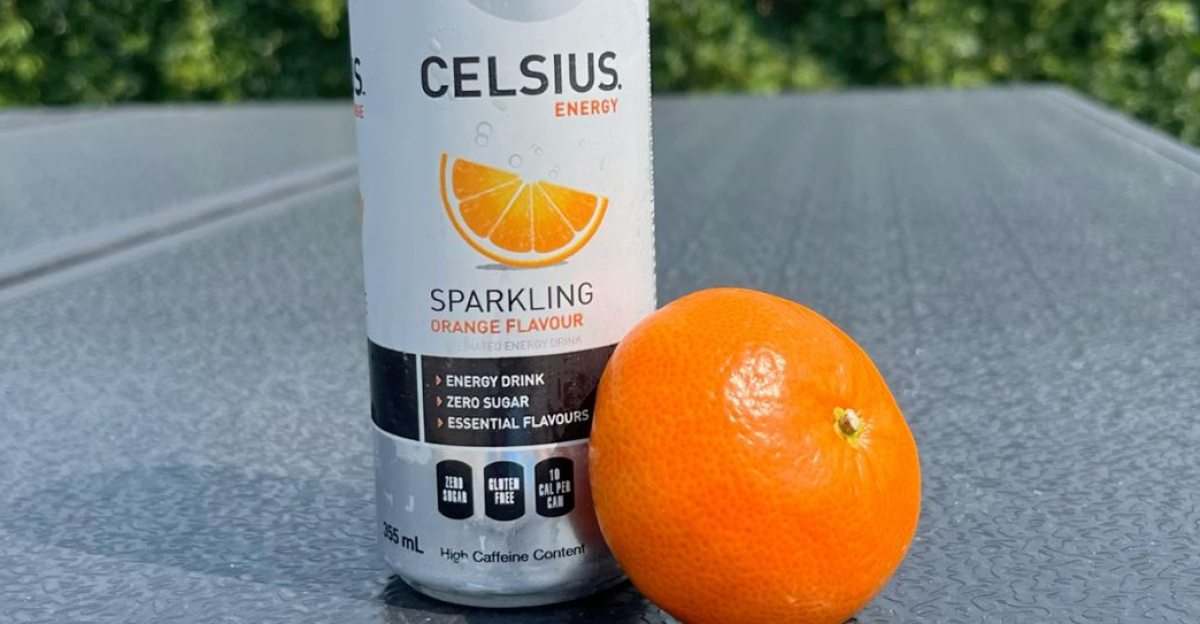
“Energy is an important growth category, and we believe this move with our partner Celsius creates a stronger multi-brand energy portfolio,” said Ram Krishnan, PepsiCo Beverages US CEO.
The deal positions Celsius as PepsiCo’s domestic primary energy strategist. Both executives emphasized reaching different consumer demographics through combined brand management.
Competitive Response
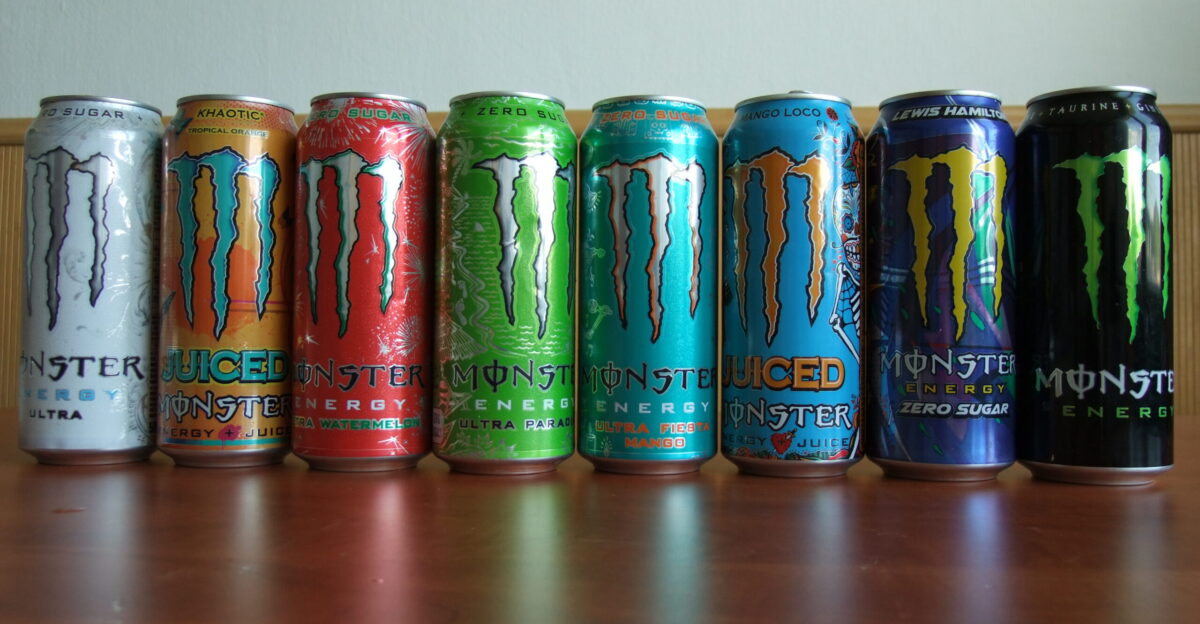
Monster Beverage’s stock remains stable despite the PepsiCo-Celsius alliance. It is bolstered by its Coca-Cola partnership and $6.3 billion revenue base.
Red Bull maintains its premium status through global extreme sports sponsorships, while smaller brands like Bang Energy and C4 face increasing competition.
Industry Shift
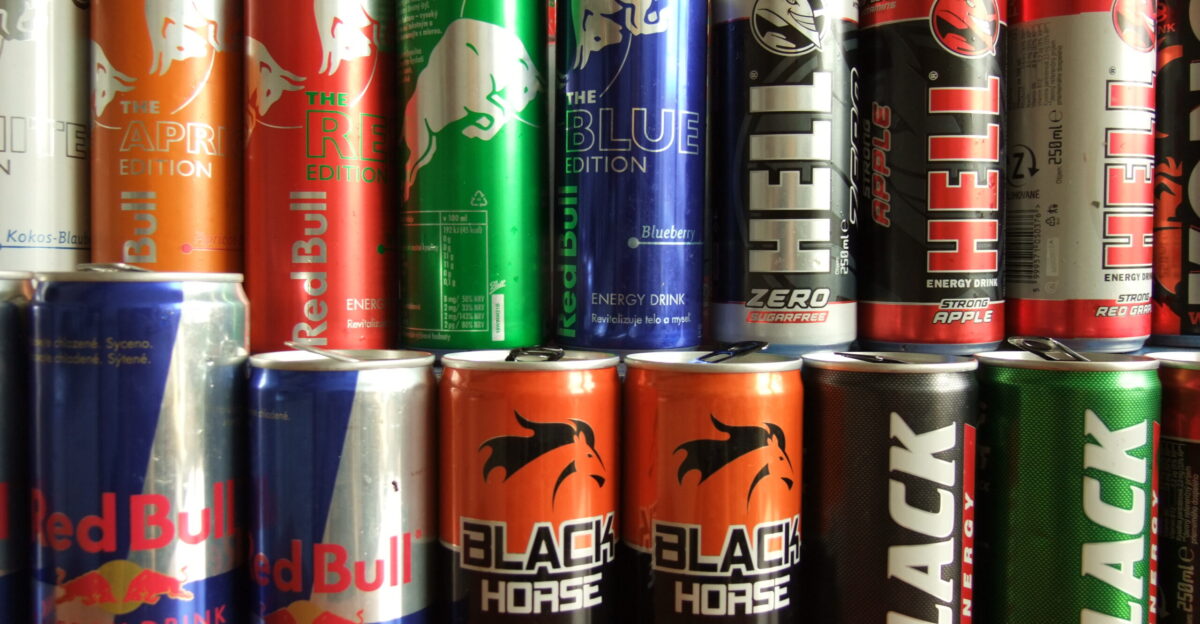
The functional beverage market is growing at 6.94% annually, fueled by health-conscious consumers. Celebrity-backed brands, like Logan Paul’s PRIME, are reshaping marketing strategies.
FDA investigations into high caffeine levels have prompted international sales restrictions, while natural and organic ingredients are increasingly important to younger demographics.
Hidden Acquisition

Celsius completed its $1.8 billion acquisition of Alani Nu, a female-focused brand, in March 2025. This acquisition contributed $301.2 million to Q2 revenue and achieved a 129% growth rate.
By acquiring Alani Nu, Celsius expands its reach beyond male fitness enthusiasts to target female consumers.
Internal Struggles
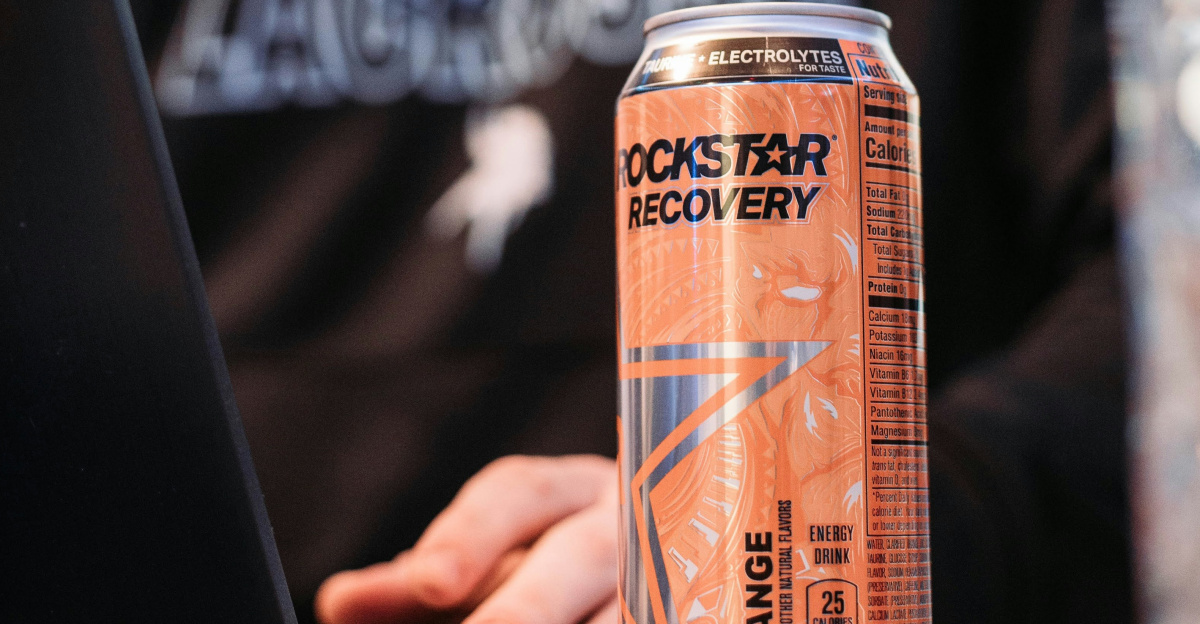
PepsiCo’s previous Rockstar strategy had execution problems, with mixed consumer penetration results outside established markets. Financial data indicates that internal restructuring costs reached $321 million in 2023.
The beverage division’s operating profits dropped significantly as traditional management approaches failed in energy categories.
Control Shift
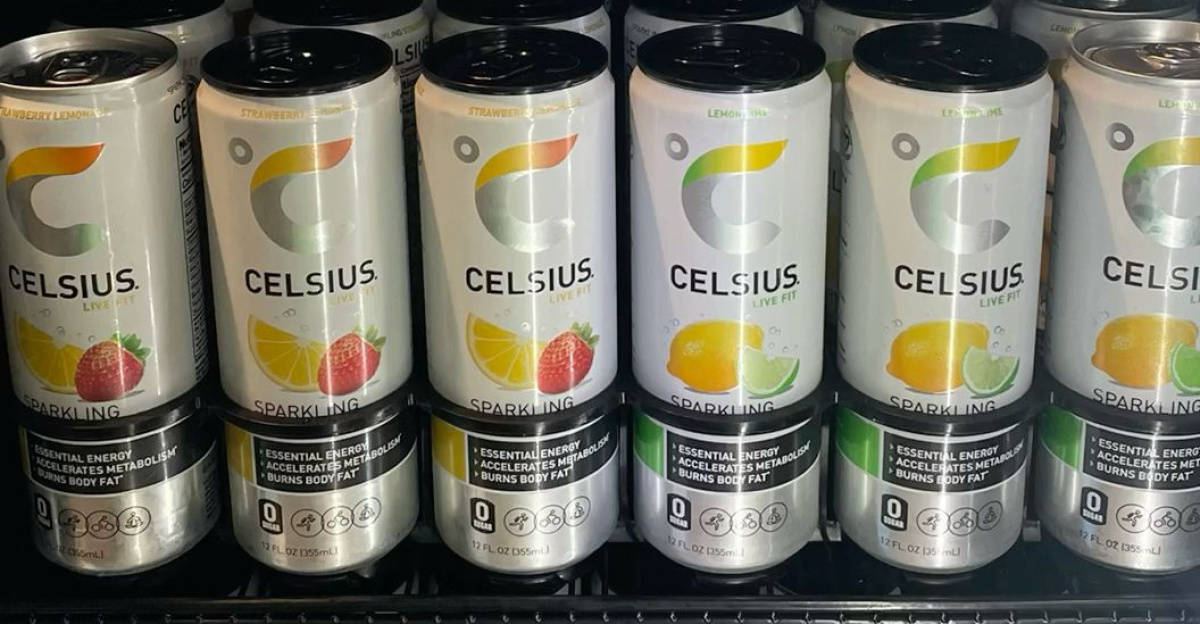
The deal grants Celsius unprecedented control over PepsiCo’s energy strategy, including “planogram design, SKU prioritization, and promotional strategy.”
This unusual arrangement gives minority stakeholders operational control over the Fortune 500 category management. PepsiCo shifted from ownership to partnership models, surrendering direct control.
Recovery Results
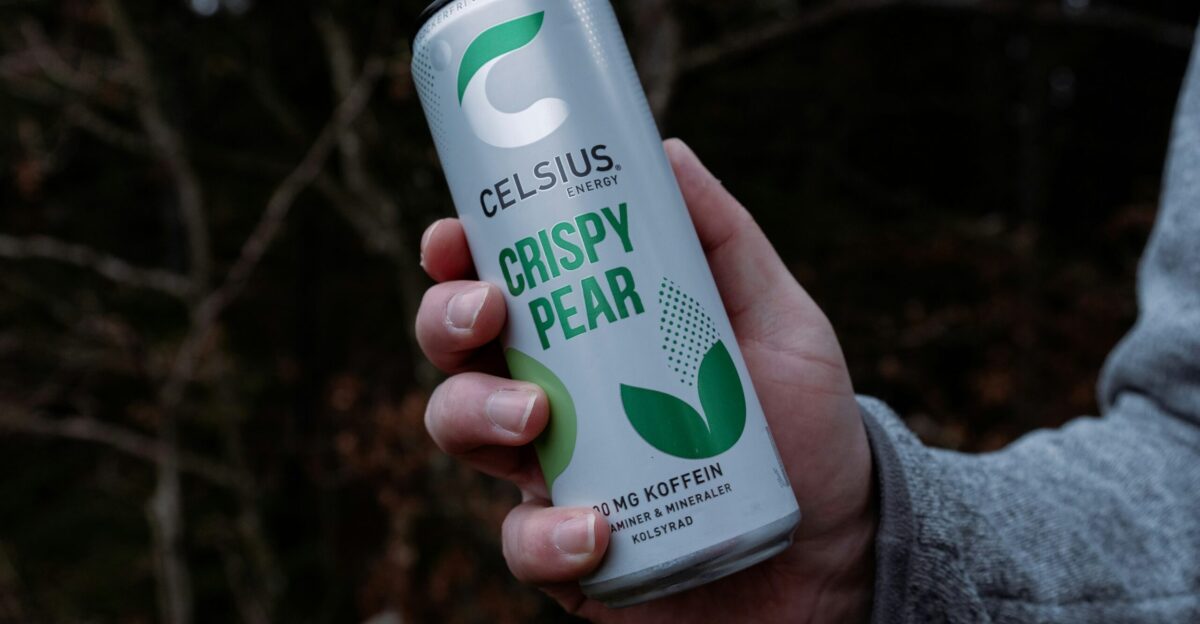
Earnings data show that Celsius reported Q2 2025 revenue of $739.3 million, beating analyst expectations by 12.99%.
The company achieved record adjusted EBITDA exceeding $200 million and $99.6 million net income. Stock prices surged following strong quarterly performance and strategic partnership announcements with PepsiCo.
Analyst Concerns

Wall Street analysts question whether PepsiCo’s 11% stake provides sufficient strategic control over energy operations. Some worry about coordination challenges between different corporate cultures and decision-making processes.
The arrangement creates unprecedented minority stakeholder influence over major beverage company category strategy and retail execution.
Future Questions
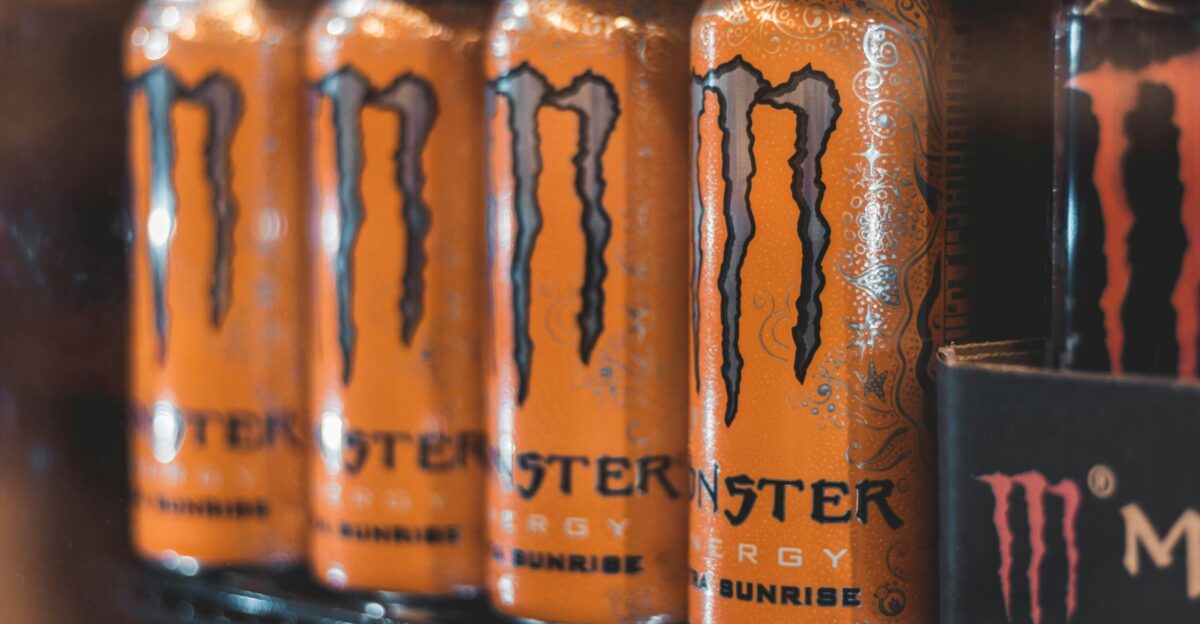
The energy drink war emphasizes functional health claims and targeted demographics over traditional marketing.
Success depends on navigating FDA regulations while capturing the projected $125 billion market growth by 2030. Will strategic partnerships prove more effective than acquisitions in fast-changing consumer categories?
Regulatory Heat
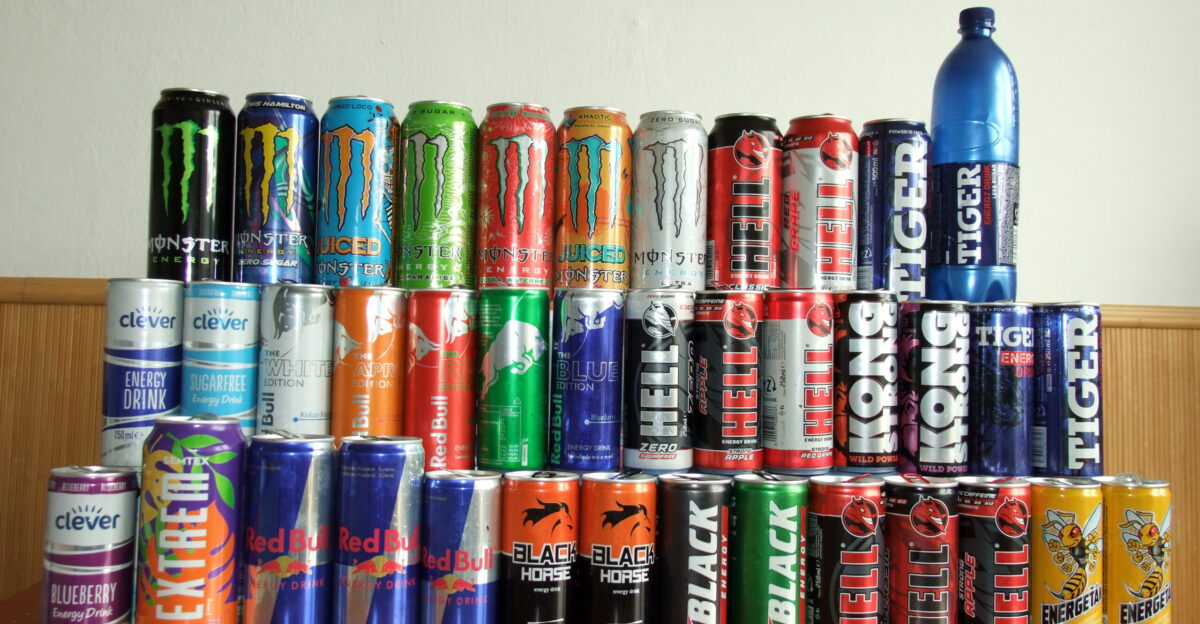
FDA oversight intensified following youth consumption concerns and cardiovascular risks from excessive caffeine content. Energy drinks contain 50-505mg caffeine per serving without adequate warnings, unlike the 71mg limits for soft drinks.
Children’s Hospital researchers advocate stricter regulations, like European standards, limiting youth access.
Global Expansion
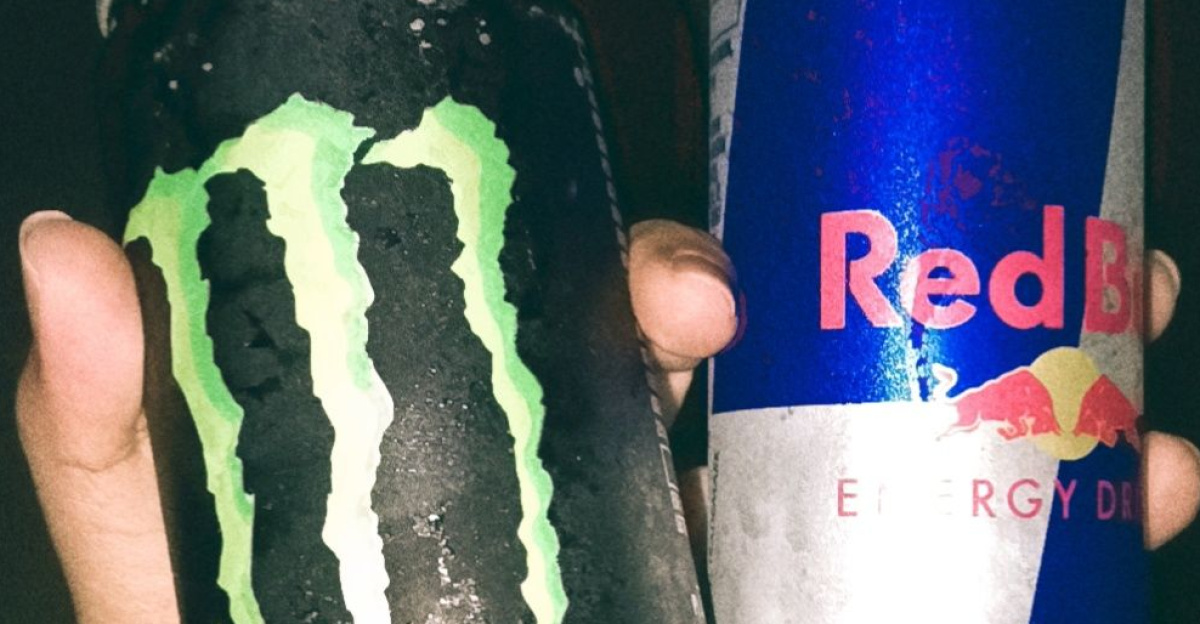
The alliance positions American functional beverages to compete internationally against Red Bull’s European dominance. Asian markets show a 15% annual growth in energy drink production, requiring localized formulations and distribution strategies.
Emerging markets drive future expansion through rising disposable incomes and changing lifestyle preferences.
Environmental Stakes

Sustainability concerns push energy companies toward eco-friendly packaging and organic ingredients as consumers prioritize environmental impact.
Celsius’s clean-label positioning and PepsiCo’s environmental initiatives provide competitive advantages. Regulatory pressure increases on traditional formulations and packaging waste across multiple jurisdictions.
Cultural Revolution
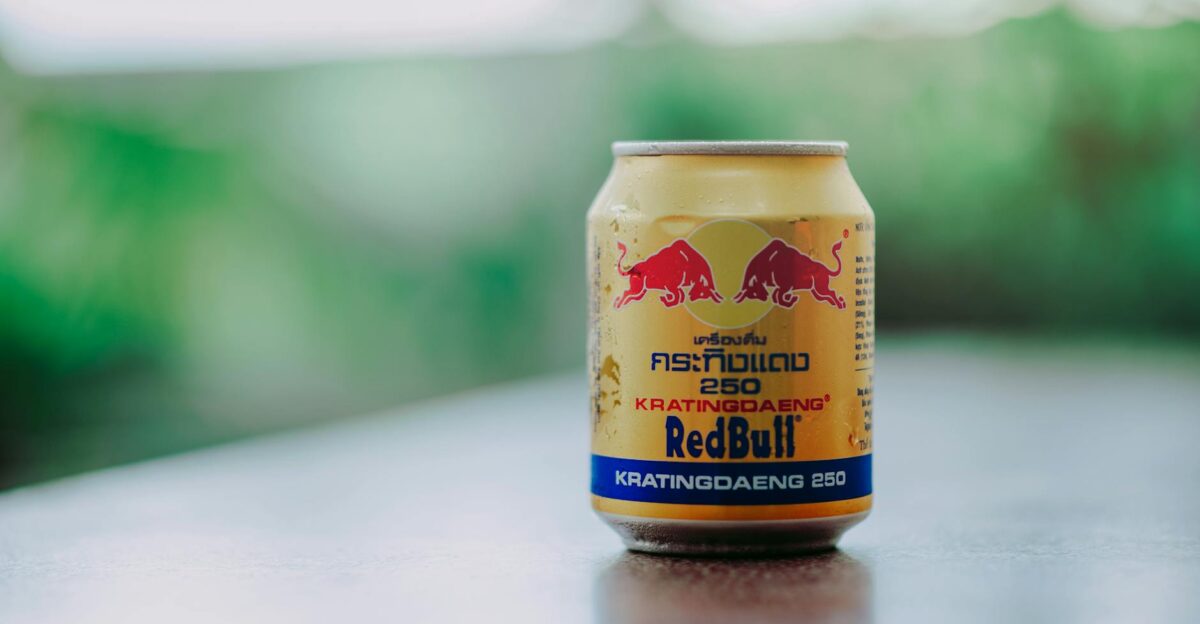
Generation Z abandons coffee for functional alternatives, completely reshaping consumption patterns. Gaming culture, fitness trends, and social media influence drive brand loyalty among younger demographics.
Health consciousness challenges traditional energy marketing focused on extreme sports, favoring wellness and lifestyle messaging instead.
Partnership Future
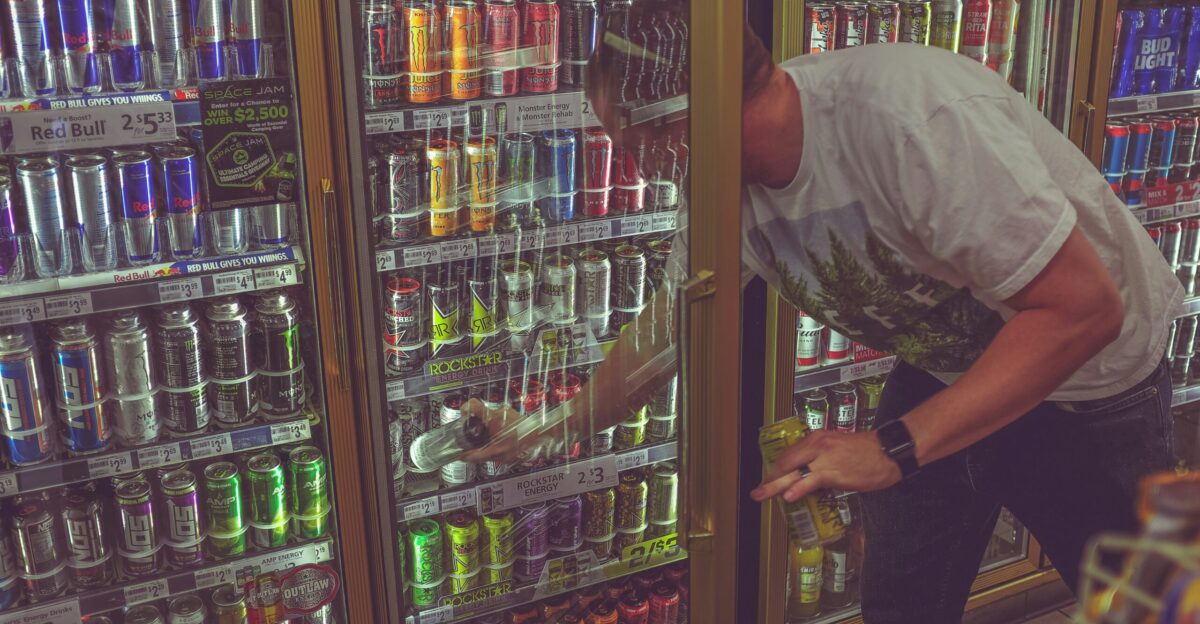
The PepsiCo-Celsius deal signals corporate America’s shift from acquisition-heavy growth toward strategic alliances leveraging specialized expertise.
Success requires balancing operational control with innovation agility in rapidly evolving categories. This partnership model could reshape how major corporations approach disruptive consumer trends.